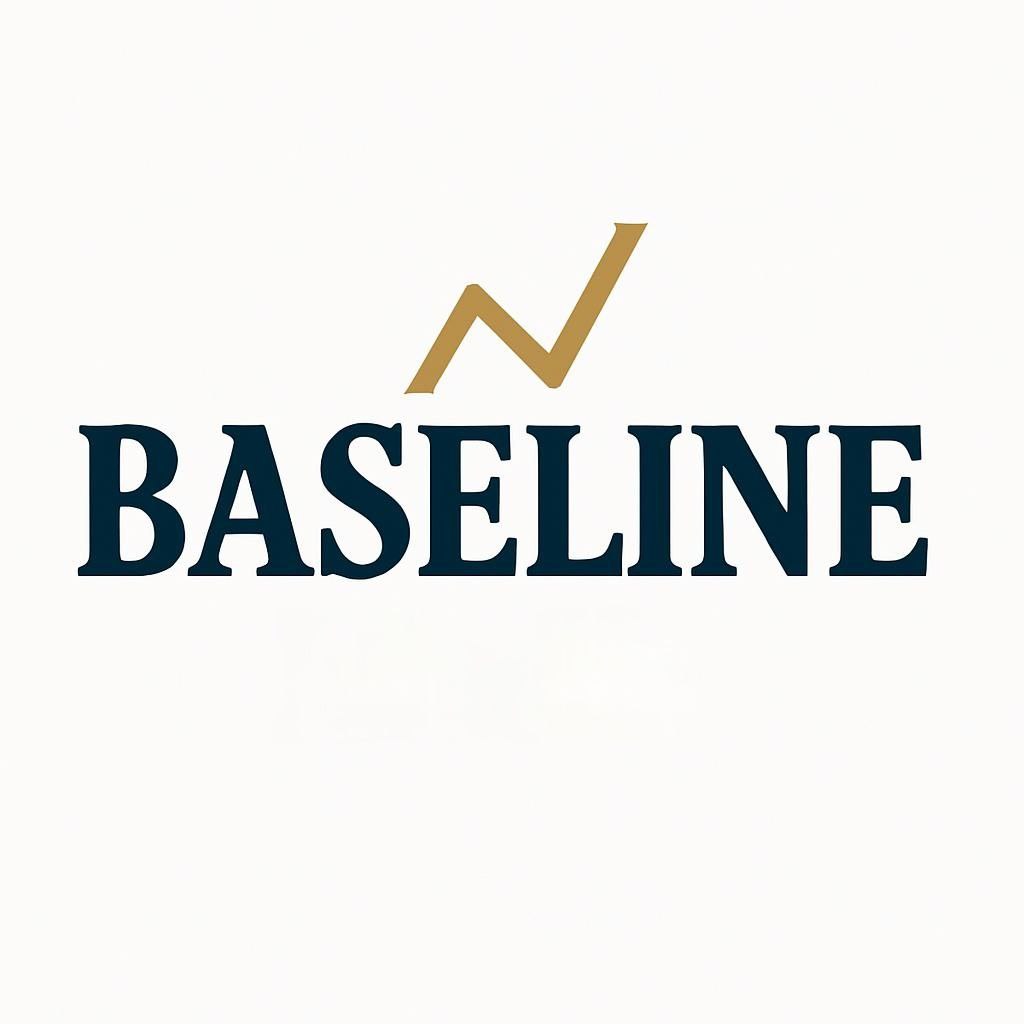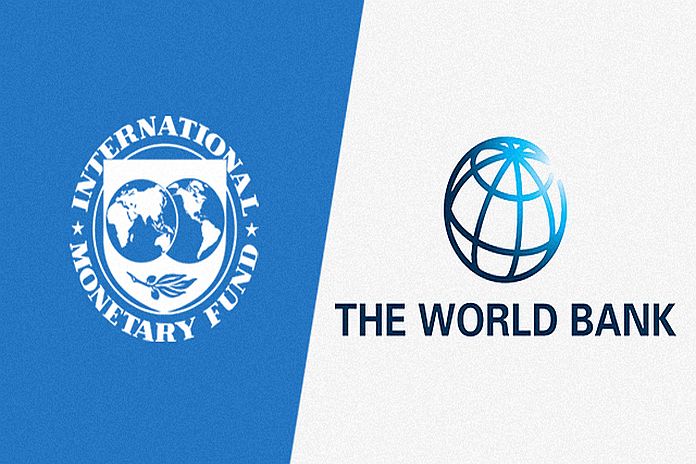Ethiopia’s Tax-to-GDP Ratio Still Lags Regional Peers, New Study Finds
Baseline Team
15 Aug, 2025

A new benchmark study on Ethiopia’s tax-to-GDP ratio reveals that the country continues to mobilize less revenue than comparable economies — largely due to a narrow tax base, persistent compliance gaps and overreliance on trade taxes.
The report, prepared by the Ministry of Finance in collaboration with the Institute for Fiscal Studies, shows Ethiopia’s tax-to-GDP ratio remains well below the Sub-Saharan African average and far short of the level required to finance rising development needs.
According to the study, the shortfall is most pronounced in domestic tax mobilisation, particularly Value Added Tax (VAT). Despite repeated reforms, the VAT compliance gap remains substantial, reducing the government’s ability to take advantage of one of its most important revenue sources. The analysis also highlighted widespread exemptions and weak enforcement, which together erode the potential tax base and reduce collection efficiency.
Trade-related taxes account for a disproportionately high share of total tax revenue, making the fiscal system vulnerable to fluctuations in exchange rates and import levels. The report warns that this dependency undermines long-term fiscal sustainability and limits the government’s ability to fund core public services.
The benchmarking exercise further finds:
- Significant room exists to raise VAT revenues by tightening exemptions and improving collection efficiency;
- Excise tax and income tax collections fall short of potential due to low coverage and weak enforcement;
- Digitization and improved taxpayer registration systems could bolster compliance and broaden the tax base;
- Ethiopia must gradually reduce reliance on trade taxes and increase domestic tax mobilization to reduce fiscal vulnerability.
The study concludes that Ethiopia could increase its tax-to-GDP ratio by several percentage points over the medium term by implementing well-targeted reforms aimed at closing the VAT gap, expanding the taxpayer base and strengthening tax administration.
Officials say the findings will inform upcoming tax policy reforms aimed at supporting Ethiopia’s growth and reducing dependence on external finance.







